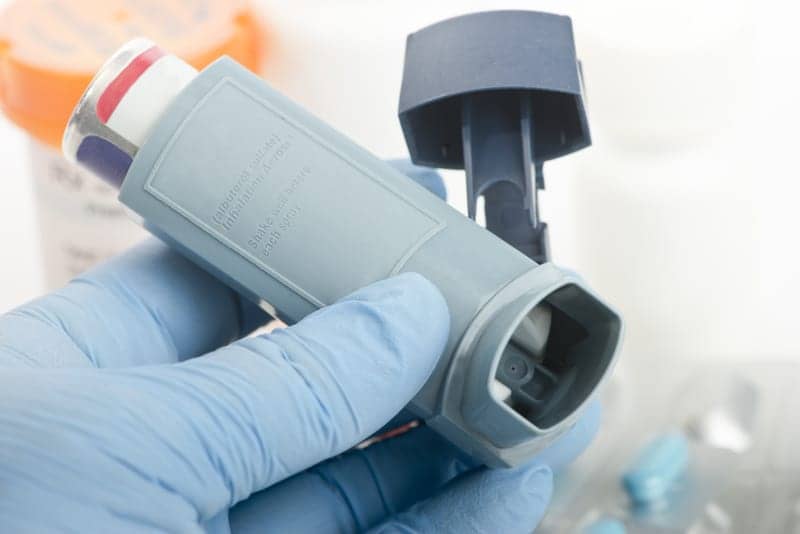The results of a new study suggest that children whose mothers took certain asthma drugs during pregnancy may have a somewhat increased risk of developing autism. According to a HealthDay news report, the study found a connection between autism risk and prenatal exposure to beta-agonists, which are drugs often used to control asthma. For the study, Nicole Gidaya, lead researcher, and her team went through Denmark’s system of national databases to find information on 5,200 children diagnosed with an autism spectrum disorder.
The researchers then compared them with 52,000 children of the same age without autism. Overall, less than 4% of children with autism had been exposed to a beta-agonist versus just fewer than 3% of other kids. The HealthDay news report notes that when the research team controlled for other factors, such as birth complications and mothers’ asthma, children exposed to beta-agonists in the womb were still 30% more likely to develop autism.
Geraldine Dawson, director of the Duke Center for Autism and Brain Development at Duke University, says the number is a “modest” increase in autism risk. Gidaya says it’s plausible that beta-agonists could affect fetal brain development in a way that raises the risk of autism. Given to pregnant lab rats, the drugs can affect fetal nerve cell development, as indicated on the HealthDay news report.
The researchers said the findings do not prove cause and effect and stress that women with asthma should not simply abandon their asthma medication during pregnancy. “Uncontrolled asthma in pregnancy has been associated with poor birth outcomes, such as preterm birth, low birth weight, and admission to the neonatal intensive care unit,” Gidaya states.
As the use of beta-agonists during pregnancy has benefits and risks for the developing fetus, Dawson says, “It’s important for a woman taking these drugs to talk with her physician and make an individual decision based on her unique circumstances.”
Overall, Dawson says more research is needed to confirm the link between beta-agonists and autism. Gidaya says if these drugs are a risk factor, studying the biology behind it may help researchers gain a better understanding of how autism arises.
Source: HealthDay










Has anyone looked at the lack of Oxygen to the mother with asthma. Since most people using a beta agonist would be experiencing either: shortness of breath, wheezing or trouble breathing. It would be interesting, in finding out if the mothers experience a lack of oxygen, since that would be a likely cause of brain changes or damage.
you are spot on! hello scientists, lets think deeper and stop thinking every medication out there causes autism….geez
I agree with Barbara Mazzatenta, I think they need to look at frequency of hypoxia. But also I think the study should consider how many of these women also took vaccine’s containing mercury,ie; flu and pneumonia, excett… since this has been linked to Autism and is something that would of been recommended to someone with asthma.
Sharon Briwn
I agree with Barbara Mazzatenta, I think they need to look at frequency of hypoxia. But also I think the study should consider how many of these women also took vaccine’s containing mercury,ie; flu and pneumonia, excett… since this has been linked to Autism and is something that would of been recommended to someone with asthma.
Sharon Brown